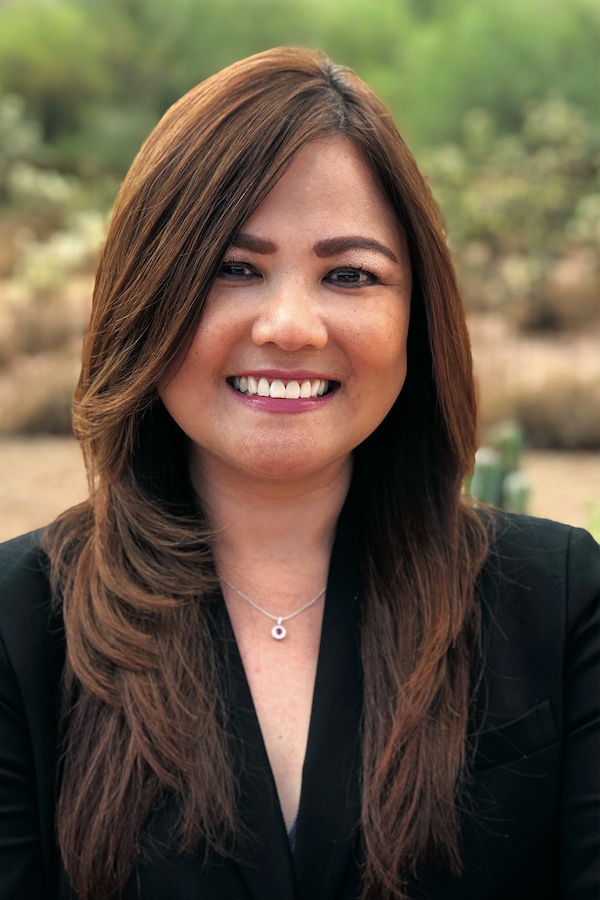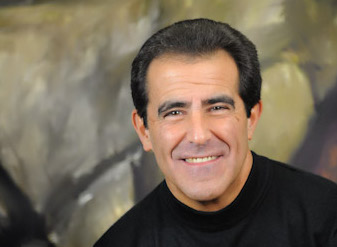Sierra Tucson sees a multidisciplinary approach that addresses mental health, trauma and other co-occurring issues along with SUD as more vital than ever
By Jenny Diedrich
As the emotional toll of the COVID-19 pandemic becomes more apparent, one of the nation’s leading substance use disorder treatment centers is seeing an increased focus in the industry on mental health.
Sierra Tucson CEO Valerie Kading notes that addiction treatment programs nationwide are pivoting to better address the need for mental health services as an integrated part of their treatment. Sierra Tucson, which recently opened a new mental health outpatient facility in Scottsdale, Ariz., is itself dual-licensed for mental health and substance use treatment.
“In the last year through COVID, I’ve seen a shift in this industry where many other facilities that were just dealing with substance use are now stating that they are able to treat co-occurring disorders,” says Kading. “There’s been a significant increase in license applications for mental health facilities in Arizona and across the country. It’s happening everywhere.”
“What we do is really customize the treatment so we are not addressing just one issue. There is no person who fits neatly into one program.”
—Valerie Kading, Sierra Tucson
Sierra Tucson opened in 1983 with a focus on substance use treatment. It has since expanded into a holistic, multidisciplinary program addressing complex mental health, trauma and pain issues.
“We’ve been able to evolve over the years, understanding the complexities of why people use substances,” says Kading. “We use the integrative model to address every person who comes through our doors. What we do is really customize the treatment so we are not addressing just one issue. There is no person who fits neatly into one program.”

Trauma treatment is woven through Sierra Tucson’s programs, since, according to Kading, most patients who misuse substances have suffered trauma. “There is more recognition in the industry about the trauma behind substance issues and mental health issues,” she says. “More people are starting to design programs that truly address trauma.”
Both co-occurring disorders and trauma are seen in the majority of Sierra Tucson’s patients. A typical patient entering the facility for alcohol use disorder may have started drinking to help function in everyday life but at some point became dependent. Sierra Tucson’s staff often finds that a patient is also suffering from depression, anxiety or significant medical disorders.
“[The patient] may just think, ‘I just have to stop alcohol and my life will get back to normal again,’” Kading says. “What we find oftentimes is that person who is coming into treatment for what they believe is just alcohol use disorder is also suffering from an underlying anxiety disorder. They will report some sort of trauma they experienced when they were younger. They have used substances in order to cope with their feelings of inadequacy or sadness related to the trauma.”
“We’ve also seen people who have co-occurring medical disorders like fibromyalgia or migraines,” she adds. “When you start peeling back the onion, you realize that the migraines are a result of the anxiety. This is probably the very first time this person has really had any insight into the traumatic events.”
“The pandemic has taken a great toll on humanity. … There’s such a great need, and we’re here to partner.”
Valerie Kading
Kading hopes that Sierra Tucson’s program can be a model for other treatment programs. “When you get a multidisciplinary team together that has their specialized ways of thinking and treating, it’s not easy,” she says. “But we do it so well here. Everyone has so much respect for each other’s disciplines. The resident is the main focus of this team, and they all come together to address what is going on.
“This pandemic has taken a toll on humanity, and we’re here to meet the needs of our fellow citizens and community members. There’s such a great need, and we’re here to partner.”
Photo: Clay Banks













